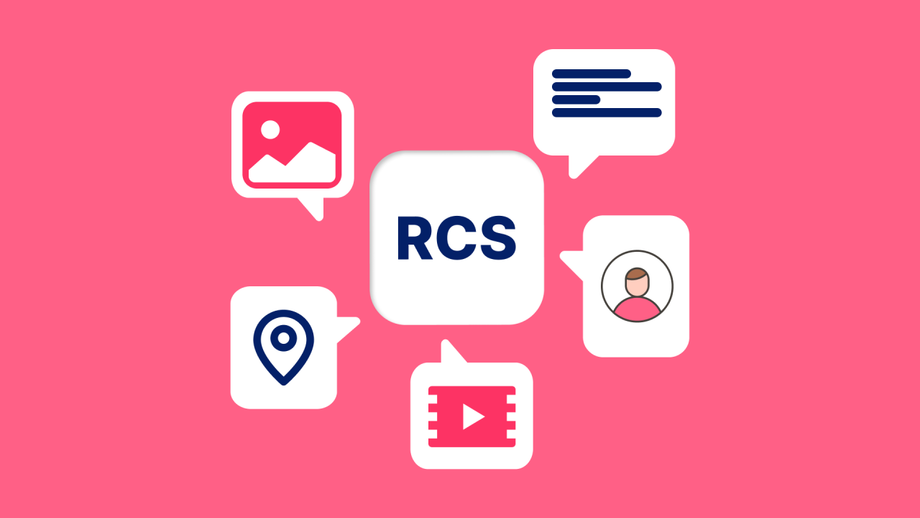In the ever-evolving landscape of digital communication, a new player is rising to challenge the dominance of established messaging apps like WhatsApp. Rich Communication Services (RCS) is being touted as the next big thing in messaging technology, promising to transform the way we communicate by offering a more integrated and feature-rich experience. But can RCS truly outshine WhatsApp? Let's explore.
What is RCS?
RCS, or Rich Communication Services, is a protocol designed to replace SMS and MMS messaging with a richer and more interactive experience. Unlike traditional text messages, RCS offers a wide range of features such as high-resolution photo sharing, group chats, read receipts, typing indicators, and location sharing. Essentially, it brings many of the features users have come to expect from apps like WhatsApp, Facebook Messenger, and iMessage directly to the default messaging app on smartphones.
The Advantages of RCS
One of the primary advantages of RCS is its integration into the existing SMS infrastructure. This means that users do not need to download a separate app to access RCS features; they simply use their default messaging app. This seamless integration can potentially lower the barrier to entry, making it easier for users to adopt RCS.
Furthermore, RCS provides a more consistent experience across different devices and networks. Since it is a carrier-supported protocol, RCS can work natively on both Android and potentially, in the future, iOS devices, offering cross-platform compatibility that is not dependent on any single company's ecosystem.
The WhatsApp Factor
WhatsApp, owned by Meta (formerly Facebook), is one of the most popular messaging apps globally, boasting over 2 billion active users. It offers end-to-end encryption, making it a preferred choice for privacy-conscious users. WhatsApp's extensive feature set, which includes voice and video calls, status updates, and a robust group chat functionality, has made it a staple in many users' daily communication habits.
However, WhatsApp's dominance is not without its challenges. Issues surrounding privacy policies and data sharing with Meta have caused concern among users, leading some to seek alternatives. Additionally, WhatsApp requires users to have a smartphone and an internet connection, which can be a limitation in regions with poor connectivity.
The Potential for RCS
RCS has the potential to overcome some of these limitations. By leveraging the existing carrier network, RCS can provide a more reliable messaging service that does not solely rely on internet connectivity. This can be particularly beneficial in areas with limited internet access. Moreover, since RCS is built into the default messaging app, it eliminates the need for users to download and manage multiple messaging apps.
Despite these advantages, RCS faces significant hurdles. Its adoption has been slow, with varying levels of support from carriers and device manufacturers. Additionally, while RCS can offer enhanced features, it currently lacks the end-to-end encryption that many users have come to expect from messaging apps like WhatsApp. This could be a major drawback for privacy-conscious users.
While RCS brings exciting advancements to the messaging landscape, it still has a long way to go before it can dethrone WhatsApp. The seamless integration and enhanced features of RCS make it a compelling option, especially for users looking for a more integrated messaging experience. However, to truly outshine WhatsApp, RCS will need to address its current limitations, particularly in terms of privacy and widespread adoption.
In the end, whether Rich Communication Services (RCS) will outshine WhatsApp remains to be seen. It certainly has the potential to be a game-changer in the world of digital communication, but it will need to navigate a complex landscape of user expectations, carrier support, and competitive pressure to truly rise to the top.

